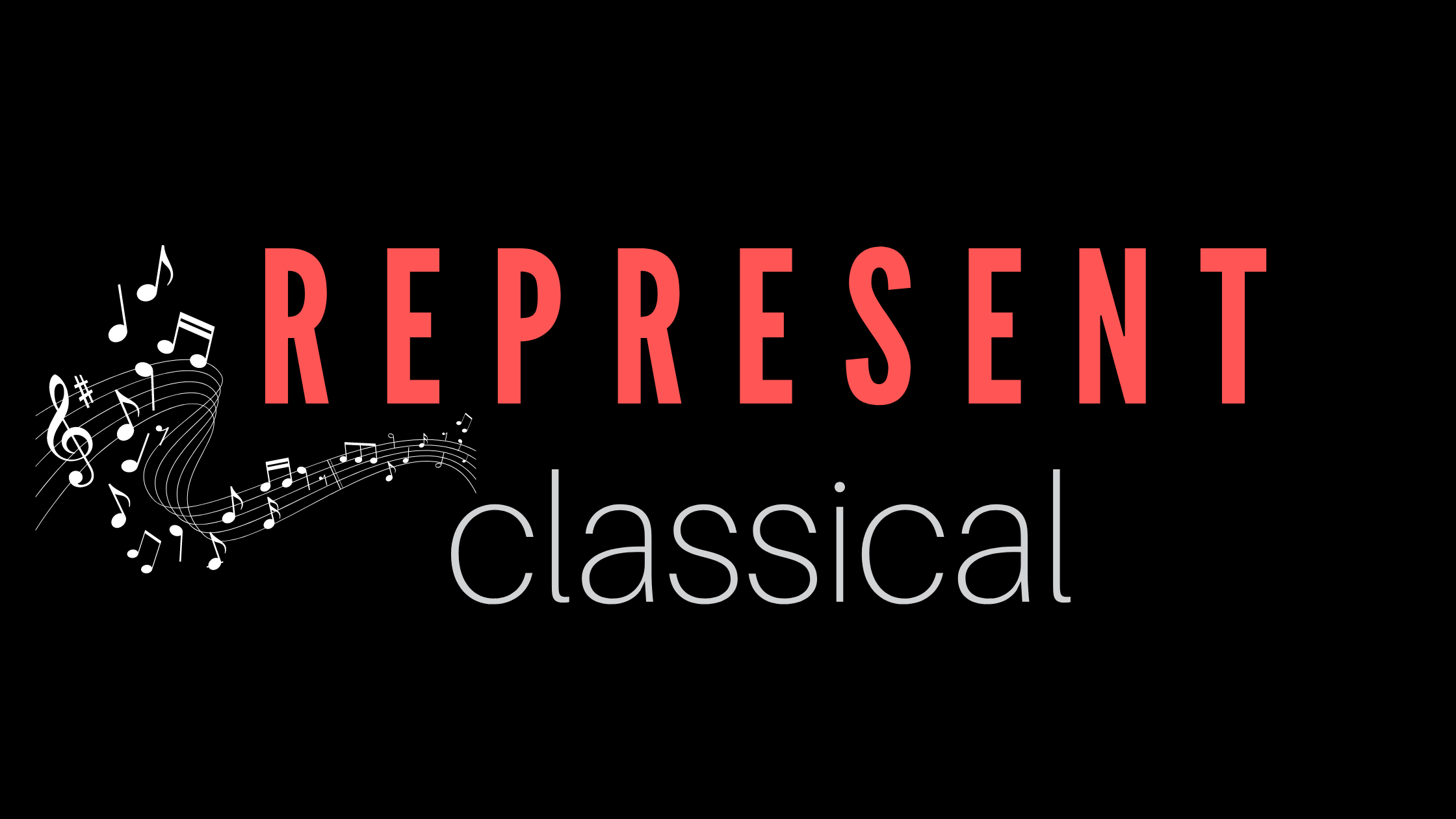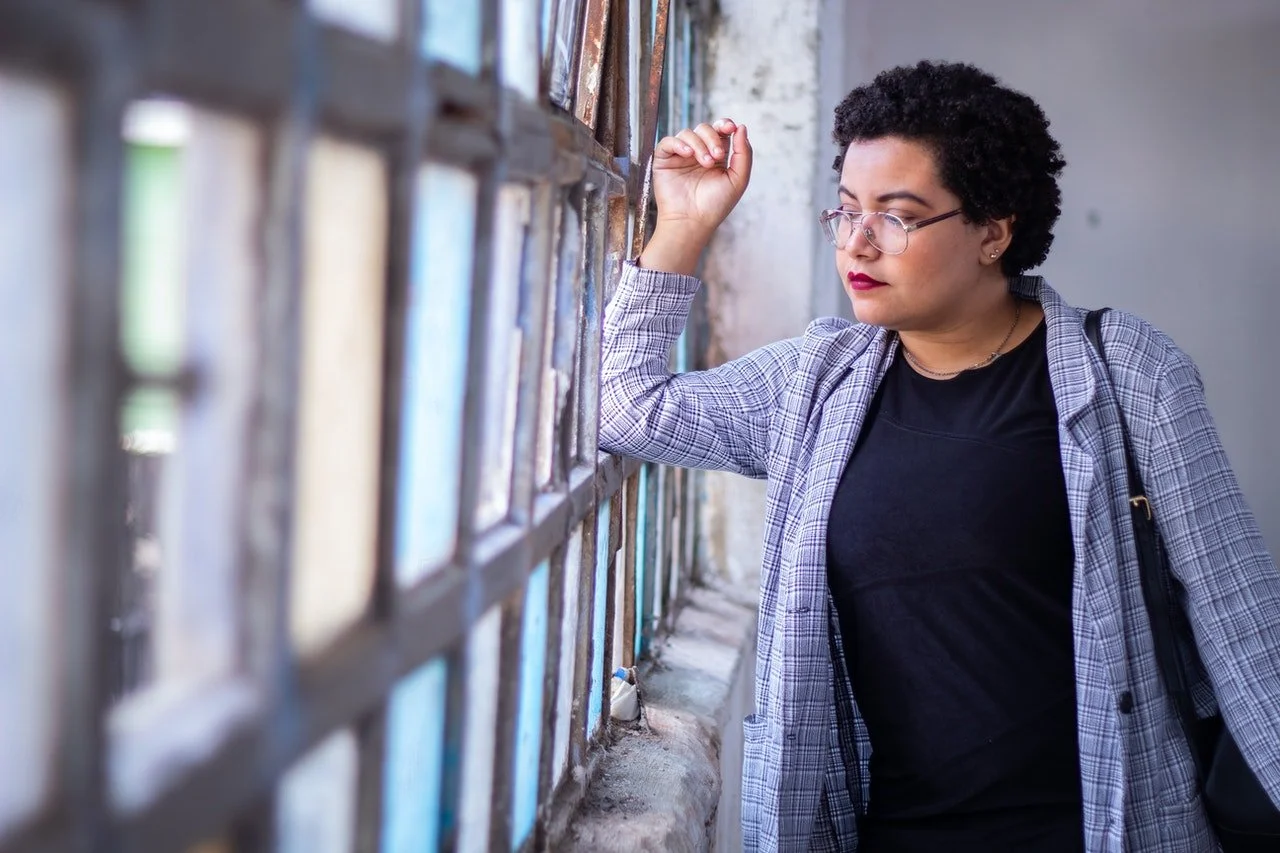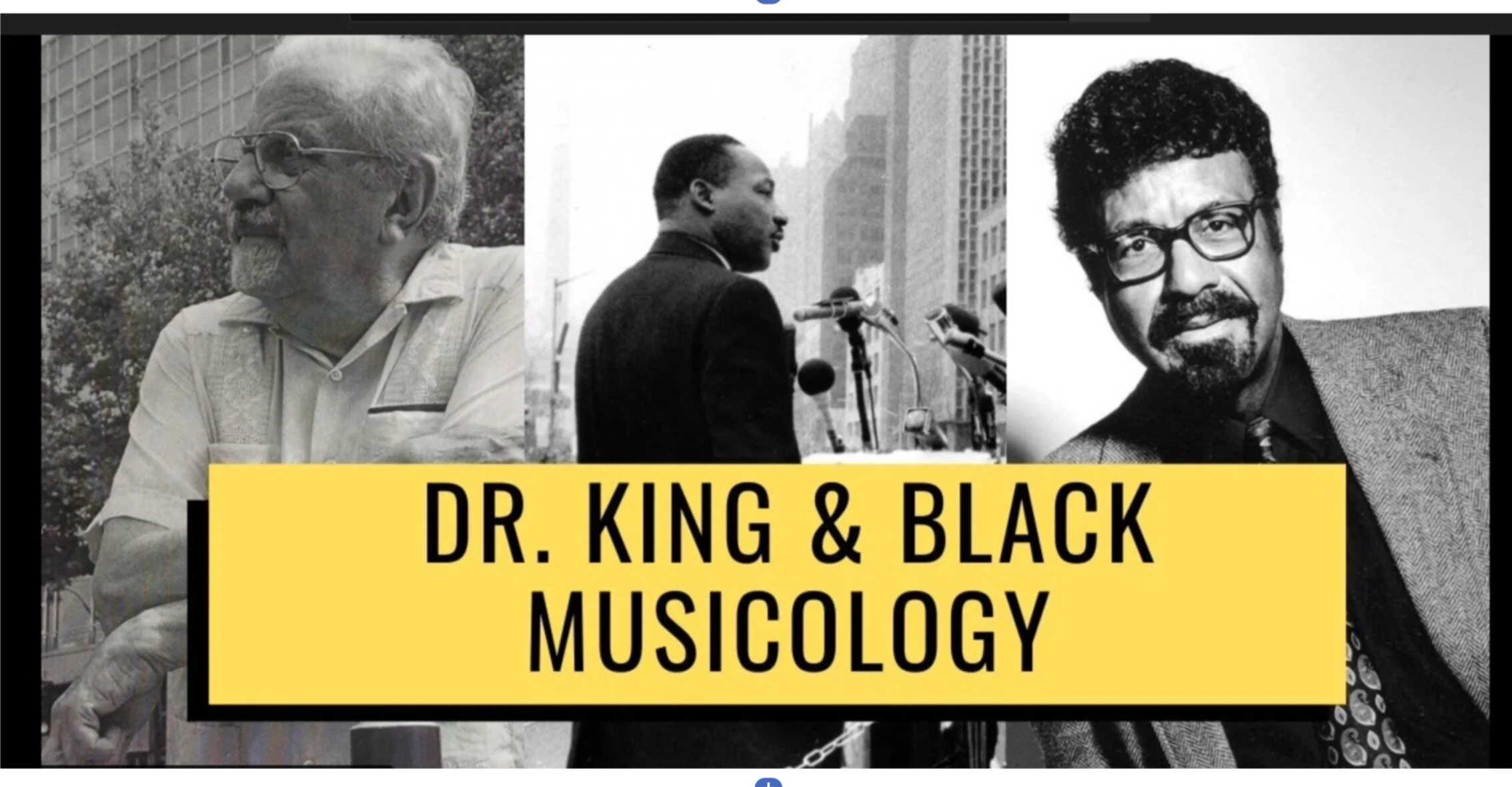The fearless approach that Slocumb continues to take in his follow-up book Symphony of Secrets envisions histories of Black composers and performers of diverse experiences pushing against oppressive systems, fighting for their lives and their art, and indeed winning. It offers hope as historical contributions by musicians of color continue to be excavated, and diverse modern-day masters continue to get increased recognition.
Read MoreThe action was the longest strike by adjunct college faculty in U.S. history and part of an increasing trend in worker uprisings at U.S. colleges and universities this year.
According to a post on the union's strike update website "You Are The New School", the agreement represents what part-time faculty are calling "significant achievements" for the teachers who make up about 87% of the school's faculty.
Read MoreYet through intelligent curation and a bit of ingenious staging, a clear but multifaceted thematic line emerged: combining performances and reimagining pieces by Samuel Coleridge-Taylor, Coleridge-Taylor Perkinson,Julia Perry, and Stewart himself with call-and-response, group singing, and even a mid-concert dialogue, pulling from community and scholarly knowledge offered by Stewart, Blachly, and guest lecturer Dr. Fredara Hadley, also of the Juilliard School.
Read MoreWhile this story may seem inappropriate, exaggerated, and even far-fetched for many classical concert goers, the reality of gun violence is becoming more widespread and normalized across American society. As of mid-July, 2022, over 300 mass shootings had been reported in the United States, with associated deaths stacking up to over 60. Orchestral and opera venues have long been considered “safe spaces” where issues of systemic racism, patriarchal norms, and class division (among others) have been pushed to the proverbial nosebleeds, but as the issue of gun violence continues to grow, so should the attention that arts institutions are paying this issue.
Read MoreEach episode of Represent Classical's “Conversations” series features in depth interviews with industry leaders, notable musicians, movers, shakers, and innovators.
Featured in this episode: Nnenna Ogwo – pianist and Founder and Artistic Director of JuneteenthLP
Read MoreThe George Walker Center for Equity and Inclusion in Music opened April 16 at the Eastman School campus at the University of Rochester campus.
The dedication included remarks by University of Rochester President Sarah Mangelsdorf; Jamal J. Rossi, Joan and Martin Messinger Dean at Eastman; Ian and Gregory Walker, sons of George Walker, and others, as well as performances of Walker’s chamber music works.
Read MoreThe four day “Bent Not Broken” choral conference highlighting the works of Black choral composers will take place April 27 to 30 at Grace United Methodist Church in Wilmington, DE.
Organized by The Choir School of Delaware, the event will feature the American Spiritual Ensemble, led by conductor Everett McCorvey; EXIGENCE, led by conductor Eugene Rogers; Westminster Choir College Jubilee Singers, led by conductor Vinroy J. Brown, Jr.; the St. Thomas Gospel Choir; and the Choir School of Delaware, with conductor Jason Max Ferdinand.
The event will include a variety of workshops and seminars led by distinguished guest lecturers, and an Honor Choir of choristers age 12+ from youth community choirs, conducted by Alysia Lee and Maria Ellis.
Read MoreRepresent Classical’s popular video series, CONVERSATIONS, is now available to listen to on Spotify.
Hosted by Christine S. Escobar, Founder and Editor of Represent Classical, each episode of “CONVERSATIONS” features in depth interviews with industry leaders, notable musicians, movers, shakers, and innovators in classical music and related genres.
Stay tuned for Season 2 beginning in late spring with more insightful and thought-provoking discussions on the change that musicians of color are creating in the music industry.
Read MoreAccording to a newly published report by SMU Data Arts, unemployment in the arts doubled that of the national average in the U.S., with BIPOC individuals and those with disabilities bearing the brunt of the impact.
Although employment returned for some workers of the arts sector, this recovery appears to have been virtually nonexistent for BIPOC and disabled workers.
Read MoreIt would be a long shot (no pun intended) to expect orchestral musicians, for example, to put down their instruments and pick up weapons, but there are steps that can and have been made in the arts sector toward supporting the people of Ukraine during this most challenging time. What does support for Ukraine from arts organizations look like, though? It's a question that a few arts institutions have engaged directly, one that holds historical precedent, and even one that could challenge the very notion of an arts organization's role in this broad world of social and political challenge.
Read MoreThe Sphinx Organization has awarded two grants of $100,000 and one grant of $97,500 for 3 projects that meet the Sphinx Venture Fund’s mission to support initiatives designed to solve a challenge or an issue related to diversity, equity, and inclusion (DEI) in classical music.
Read MoreA new gift of $2.1 million from The Andrew W. Mellon Foundation will support the League of American Orchestras’ next phase of their Catalyst Fund: an incubator program to advance equity, diversity, and inclusion practices in American orchestras. The new grant follows the receipt in 2019 of $2.1 million from the Mellon Foundation to fund a three-year pilot program that provided grants to 49 orchestras.
Read MoreRC Editor Christine S. Escobar speaks with Armando Castellano: President, Founder and Artistic Director of Quinteto Latino in the latest installment of “Conversations” about the contributions and experience of Latinx/Latin Americans to classical music, and the importance of changing the nature of arts leadership.
Each episode of Represent Classical’s “Conversations” series features in depth interviews with industry leaders, notable musicians, movers, shakers, and innovators.
Read MoreThe UK-based organization Black Lives in Music (BLiM) is using data and advocacy to amplify and empower Black musicians and music creators, in response to the widespread calls for equity for Black musicians.
Read MoreTonight at 4:30 p.m. EST, The Dream Unfinished will debut a new YouTube series spotlighting the economics and labor of learning repertoire outside of the classical music canon, lesser-known masterworks by underrepresented composers, diversity, equity, and inclusion within classical music, and concrete tips for everyday people to become instruments for change.
Read MoreThe Lift Music Fund is a new microgrant program open to U.S. students aged 11 to 22 who identify as Black, Latinx, or Native American/Indigenous/First Nations. Funds of up to $250 per awardee are given to help offset the costs of studying music.
The next application deadline for the Lift Music Fund is January 15th at 11:59 PM EST. Interests students may apply here.
Read MoreUniversity of Cincinnati College Conservatory of Music (CCM) and the Cincinnati Symphony Orchestra (CSO) are now accepting applications for the 2021-23 Class of CSO/CCM Diversity Fellows. Applications and pre-screen materials are due December 1 online.
The Diversity Fellowship is awarded to 5 graduate level students of violin, viola, cello and double bass from “populations that are historically underrepresented in classical music.” The fellowship includes a full tuition scholarship to complete a two-year Master of Music or Artist Diploma at CCM, and a performance commitment of five weeks per season with the Cincinnati Symphony Orchestra.
Read More
















